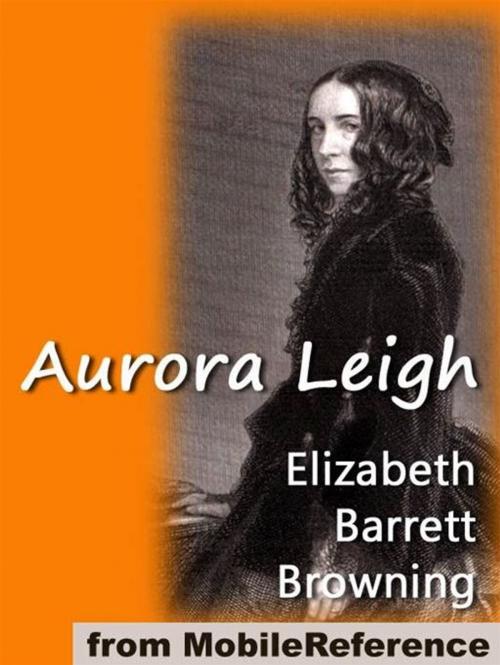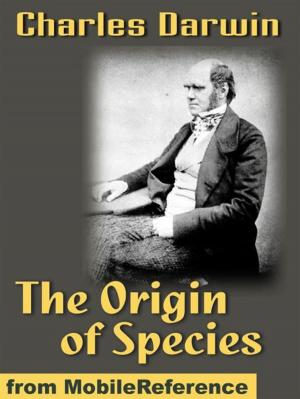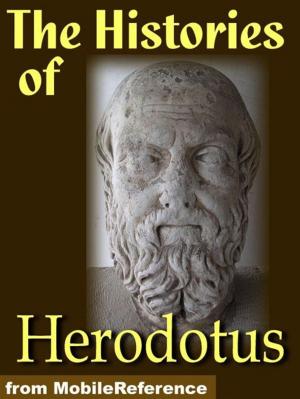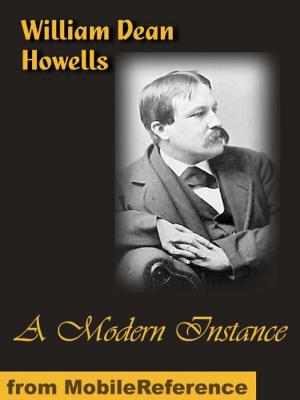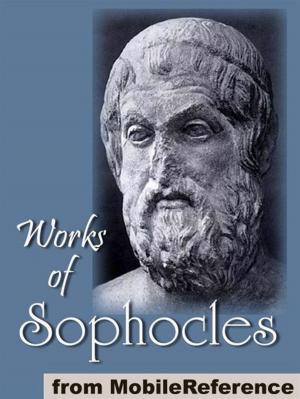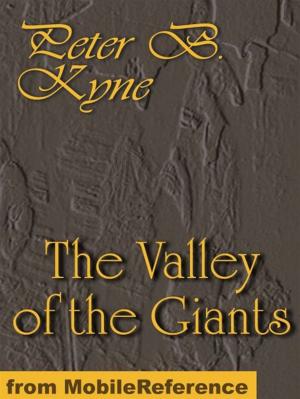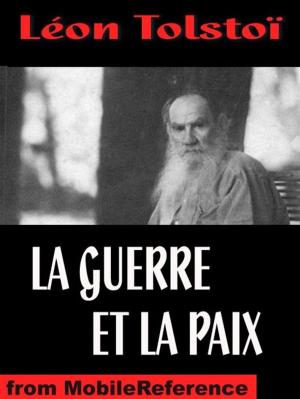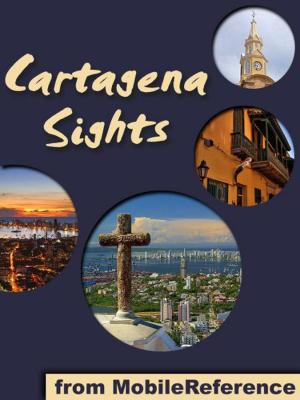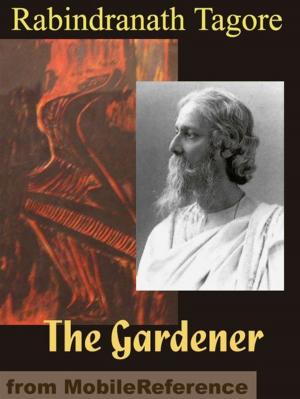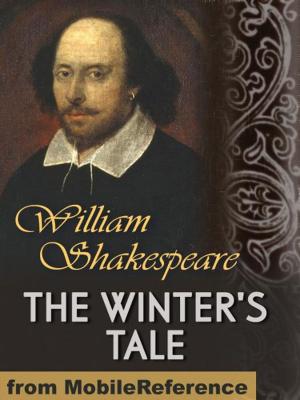| Author: | Elizabeth Barrett Browning | ISBN: | 9781607784913 |
| Publisher: | MobileReference | Publication: | January 1, 2010 |
| Imprint: | MobileReference | Language: | English |
| Author: | Elizabeth Barrett Browning |
| ISBN: | 9781607784913 |
| Publisher: | MobileReference |
| Publication: | January 1, 2010 |
| Imprint: | MobileReference |
| Language: | English |
Aurora Leigh (1856) is an epic/novel poem by Elizabeth Barrett Browning and the name of its heroine. The poem is written in blank verse and encompasses nine books (the woman's number, the number of the prophetic books of the Sibyl). It is a first person narration, from the point of view of Aurora; its other heroine, Marian Erle, is an abused self-taught child of itinerant parents. The poem is set in Florence, Malvern, London, and Paris. She uses her knowledge of Hebrew and Greek, while also playing off modern novels, such as Corinne ou l'Italie by Anne Louise Germaine de Stael, Jane Eyre by Charlotte Bronte, and the novels by George Sand. Through Book 5, Aurora narrates her past, from her childhood to the age of about 27; in Books 6-9, the narrative has caught up with her, and she reports events in diary form. Elizabeth Barrett Browning styled the poem "a novel in verse", and referred to it as "the most mature of my works, and the one into which my highest convictions upon Life and Art have entered." Excerpted from Wikipedia, the free encyclopedia.
Aurora Leigh (1856) is an epic/novel poem by Elizabeth Barrett Browning and the name of its heroine. The poem is written in blank verse and encompasses nine books (the woman's number, the number of the prophetic books of the Sibyl). It is a first person narration, from the point of view of Aurora; its other heroine, Marian Erle, is an abused self-taught child of itinerant parents. The poem is set in Florence, Malvern, London, and Paris. She uses her knowledge of Hebrew and Greek, while also playing off modern novels, such as Corinne ou l'Italie by Anne Louise Germaine de Stael, Jane Eyre by Charlotte Bronte, and the novels by George Sand. Through Book 5, Aurora narrates her past, from her childhood to the age of about 27; in Books 6-9, the narrative has caught up with her, and she reports events in diary form. Elizabeth Barrett Browning styled the poem "a novel in verse", and referred to it as "the most mature of my works, and the one into which my highest convictions upon Life and Art have entered." Excerpted from Wikipedia, the free encyclopedia.
